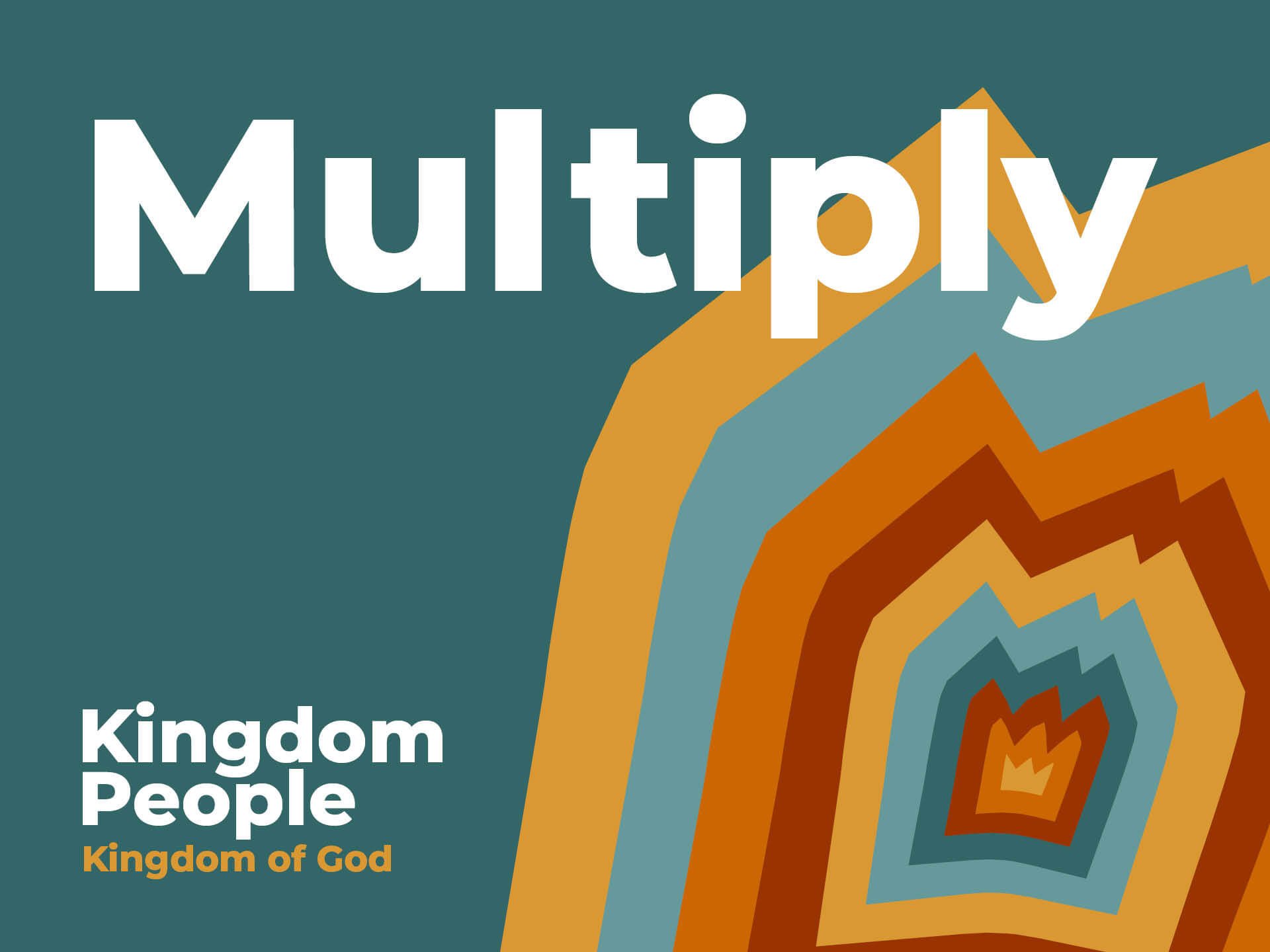Relate
About this series:
The title of our teaching series throughout 2023 is The Kingdom Of God. The essential goal is to help people understand the Bible’s teaching on the kingdom of God and raise confidence in God’s plans for his kingdom’s expansion / multiplication.
Teaching about The Kingdom Of God is a great way to address life as a church community - this is how life together under God’s reign should look like. And to address our lives in the world - demonstrating to those in our sphere of influence the reality of God and what life looks like when God is your king.
The six topics we will cover in Kingdom People are characteristics we believe to be foundational to life as a follower of Jesus. They are therefore qualities of people living in the kingdom of God - people who trust God, grow in Christlikeness, relate to others in godly ways, give freely because they have freely received, share their lives and faith with others, and seek the multiplication of God’s kingdom wherever they go.
About this talk:
Scripture: Colossians 3:1-17
This passage repeatedly illustrates a common New Testament principle: indicatives before imperatives. Indicatives are statements of what God has done, while imperatives are statements of what God commands. And it’s absolutely vital that we get it the right way round - understanding indicatives before trying to obey the imperatives. Another way to put it is, ‘gospel obligations must be based on gospel declarations’ (Tullian Tchividjian).
So in Colossians 3 we see an indicative being stated before an imperative:
v 1: “Since, then, you have been raised with Christ (indicative), set your hearts on things above (imperative).”
v 12: “Therefore, as God’s chosen people, holy and dearly loved (indicative), clothe yourselves with compassion, kindness, humility, gentleness and patience (imperative).”
At other times the imperative is stated before the indicative, but the principle remains the same:
vs 2 - 3: “Set your minds on things above, not on earthly things (imperative). For you died, and your life is now hidden with Christ in God (indicative).”
v 13: “Forgive (imperative) as the Lord forgave you (indicative).”
v 15: “Let the peace of Christ rule in your hearts (imperative), since as members of one body you were called to peace (indicative)”
All of which to say that this passage (and many others) teaches us that how we relate to one another in the kingdom of God is based on:
a) How God has related to us: for example, v 13, “forgive as the Lord forgave you.”
b) What he declares us now to be: for example, v 12, “as God’s chosen people, holy and dearly loved, clothe yourselves with…”
Which is a radical way to live - not relating to one another according to what we think they deserve or according to how they have treated us, but ensuring that our interactions with people are defined by God’s activity and our new identity. The Sermon on the Mount explains more of this in practice and Acts 2 and 4 famously show the new church community living it out.
This is what life under God’s reign looks like: people knowing their identity in Christ and relating to other people on the basis of that identity; people rejoicing in all God has done for them and relating to other people in a similar manner.
Where have you seen or heard this lived out most profoundly?
What are some of the common barriers to the ways of relating to each other described in Colossians 3:1-17?
What practical steps can you suggest for us to take?






